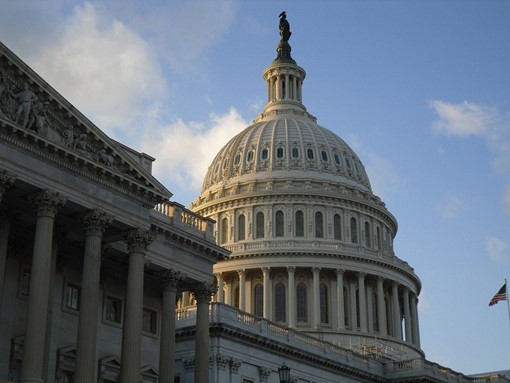Government coronavirus relief is coming. After months of intense deliberation and negotiations, Congress has finally agreed to a COVID-19 relief package just before the new year. The relief package includes direct payments to individuals, extended enhanced unemployment, more money for the Paycheck Protection Program, transportation-related assistance, and increased funding for schools.
While the final details are being hammered out, this relief package is expected “crush the virus and put money in the pockets of the American people,” by providing:
Families First Coronavirus Relief Act (“FFCRA”)
• FFCRA Leave is no longer required.
• Employers who decide to provide leave in line with the FFCRA parameters can continue to receive a federal tax credit for paid leave.
• The tax credits are available through March 31, 2021.
Individual Assistance
- Up to $600 direct payments for certain adults and children. Adults and their dependents qualify if the adults are taxpayers that earn below $75,000 annually.
- Extended enhanced unemployment benefits (up to $300 per week) for jobless workers for eleven weeks.
- Extended assistance for self-employed and gig workers.
- $25 billion in rental assistance for families.
- Eviction moratorium extended until January 31st.
Small Business Assistance
- $284 billion for Paycheck Protection Program (“PPP”) loans.
- Eligibility for PPP loans expanded to include nonprofits, local newspapers, TV, and radio stations.
- $15 billion of PPP allotment reserved for live venues, independent movie theaters and cultural institutions.
- $10 billion of PPP allotment reserved for the reopening of child-care centers.
Employer Tax Credits and Deductions
- Improvement and extension of the Employee Retention Tax Credit.
- A provision making the cost of meals a deductible business expense.
- All qualified expenses paid with PPP monies may now be deductible (includes retroactive expenses).
Education Assistance
- $82 billion in assistance for schools and universities for reopening, including an allotment of $2.75 billion for private K-12 education.
Transportation Assistance
- $16 billion for airlines to pay workers’ and contractors’ salaries.
Food Assistance
- $13 billion granted to food assistance programs.
- SNAP eligibility was broadened to include college students.
- The bill does not permit unemployment benefits to counted be as income when determining SNAP eligibility.
The relief package is also projected to include billions for accelerating COVID-19 vaccine distribution and the expansion of COVID-19 testing, billions for additional transportation-related assistance, an expansion of Pell-Grants, billions for increased access to broadband Internet, billions for agriculture a provision to end surprise medical billing, and resources to fight the climate crisis.

